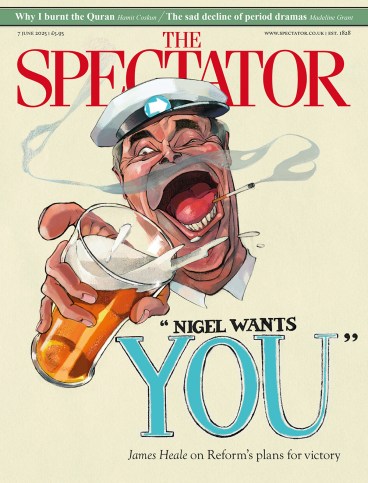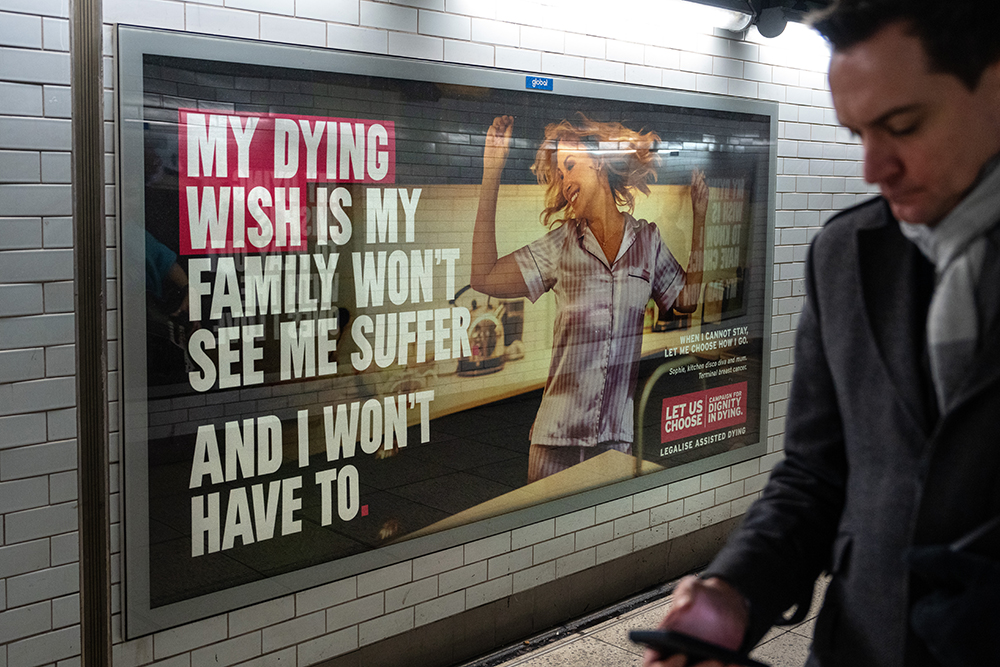
It’s funny the ways we lie to ourselves. The little lies. The white ones. We say we’re exhausted when we mean we’re unfit. That we’re joyful when we’re drunk. That we want to be alone when in fact we’ve simply been left out.
Parliament is the same. We invent ways of saying things to mask the reality of the debate. But when we’re choosing how our citizens live and die, shouldn’t we be honest with ourselves at least? Shouldn’t we try to be as clear as possible?
Euphemisms in the assisted dying debate cloak it in language of compassion and discretion, but behind the veil there are some ugly truths. Some MPs debating the law are offended by terms such as suicide and killing, but if we hide from the reality of the words we use in the debate, we will also hide from the reality of the law.
Just start with the title. What is assisted dying? Suicide exists. Killing exists. Both are real, longstanding, legal concepts. But assisted dying? That’s a phrase suspended between the act and its denial.
The bill claims to offer choice, dignity and control. But its language and its silences speak volumes about who holds power and who is expected to disappear quietly. Patients are not poisoned, they are ‘assisted’. Doctors don’t kill, they ‘participate in the process’. Institutions aren’t forced to comply, they’re just not ‘protected’ from being compelled. Patients ‘take life-ending medication’, as if it’s a herbal tea. Death is cleaned, blanched and euphemised.
This new bill doesn’t just hide the reality of its actions; it hides the decision from the family.








Comments
Join the debate for just $5 for 3 months
Be part of the conversation with other Spectator readers by getting your first three months for $5.
UNLOCK ACCESS Just $5 for 3 monthsAlready a subscriber? Log in